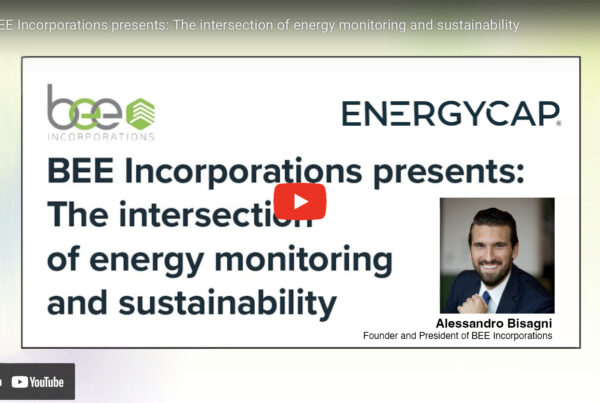Two posts ago, we tackled some of the green building myths we should stop believing now. As in now. And now we’re on to the second half of the list:
Green Building is Just a Passing Trend
Not if we allow it. Back in the 70s when green building was still new and the general mood was one of optimistic frenzy and lots of flower power, one might think green building is just some crazy fad that will eventually fizzle out.
But history has repeatedly shown us that there’s no killing a good thing, and so green building is still around whether you like or not. (So is flower power)
What makes green building more popular than ever is the fact that energy prices continue to rise. Homeowners and builders have wised up on that, and so they’ve decided to build green: that shakes off the dependency on power companies and it’s good for the environment too—a win-win scenario.
Also, we’re quite sure green building is here to stay. Ask around and you’ll find out that green buildings have a high rentability and gets higher rent than their non-green counterparts, which is why builders are recognizing it as good investment. If this is some kind of trend, then we hope it never fades.
Green Building is Uncomfortable
You don’t have to sacrifice comfort for building green. Bright green eco-homes and buildings are every bit as comfortable as your regular building, sometimes even more so—and the best bit: it’s guilt-free comfort.
Because eco-homes are big on non-toxic materials and products (from wall paint to countertop to roofing to wood finish), they put a premium on the health of the inhabitants. After all many of us spend the majority of our time inside our homes. You certainly can’t get any more comfortable than that.
Building Green will Save the Planet
First, a tiny clarification. Environmentalists have long tried to correct the misguided notion that the earth needs saving. Because, really, it does not need saving, especially not from us. In the words of one eco writer, “[the planet] adapts. It self-corrects. Over time, anything that causes too much harm to the global ecosystem is wiped out.” Which only means it’s us that actually need rescue.
So don’t expect building green will save the planet. Not by a long shot. At the very least though, when we decide to build green we take into account every possible aspect connected to nature (actually, everything is). Consequently, we become mindful of the ways in which we can make nature work for us and vice versa.
Saving our slot here on Earth means more than just building pretty houses with smart energy meters and low-flush toilets. Other far-reaching issues are of importance, but for us average folks, we do what we can and we start that with the home we live in.
Green Building Means You Have to Live Green From Now On
Well, there’s certainly nothing wrong with living green. It’s never too late.
Here’s the thing: when homeowners decide to build their domicile as green as possible, it’s probably safe to assume that these nice folks really dig the green lifestyle and are just doing what comes natural to them.
But what if the dwellers are just tenants who happen to be living in a suavely-done eco-apartment? Does that mean they’d have to cut back on meat too, and insist on fair trade coffee, and buy organic, locally-grown produce from now on? Because, let’s face it adopting the green lifestyle is not an easy task; it takes a lot of shifting gears, changing mindsets, sacrificing a lot of comforts. On the flip side, does the landlord need to screen her/his prospective renters too from now on too and demand they establish their eco-cred first?
Maybe yes, maybe not. Maybe they should start imposing a set of rules of sorts. There’s no clear-cut answer. My guess is that anyone living in an eco-friendly home will be hard pressed not to be inspired to keep up the green work. After all what good is living in an eco home if you don’t subscribe to and enact the very principles your humble abode stands for? It rubs off on you, and once it does, don’t you dare resist it.
We’re so much better informed now than we were, say ten years ago, and now we know there are alternatives to old technologies, we know now that there are cleaner, better, and more efficient ways to doing things. Why insist on backwards technology and practices when we know the payoff of greentech and green ways are so much more rewarding?










